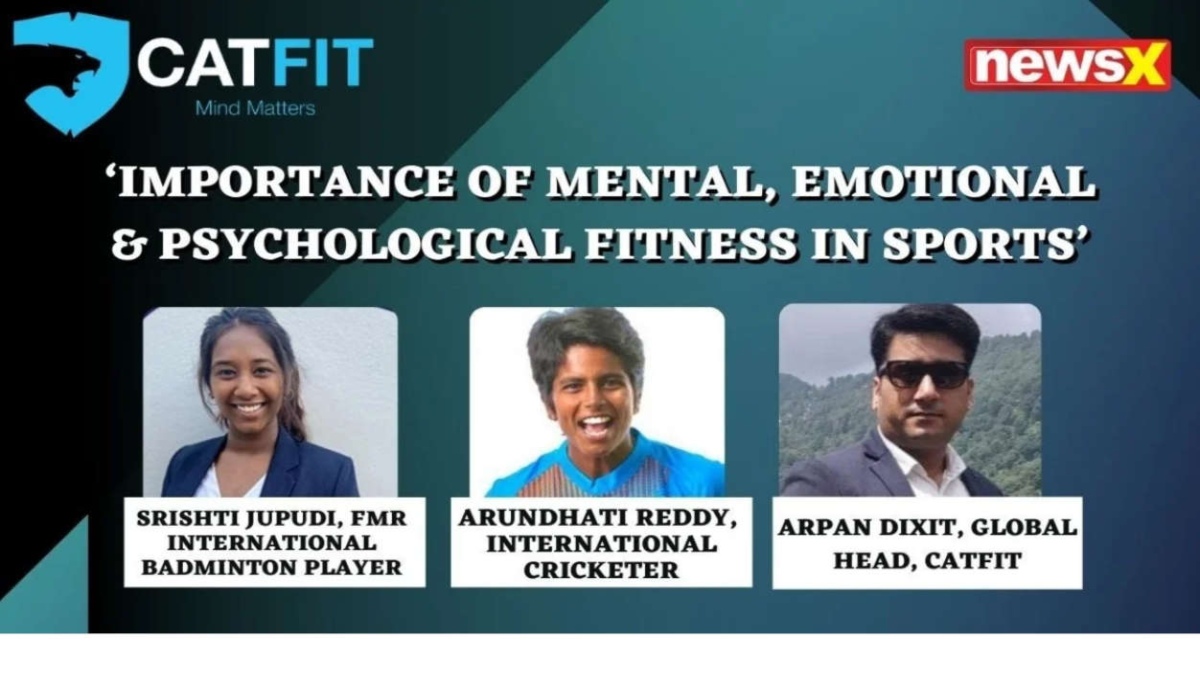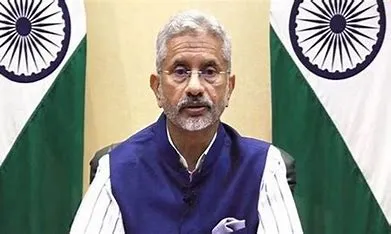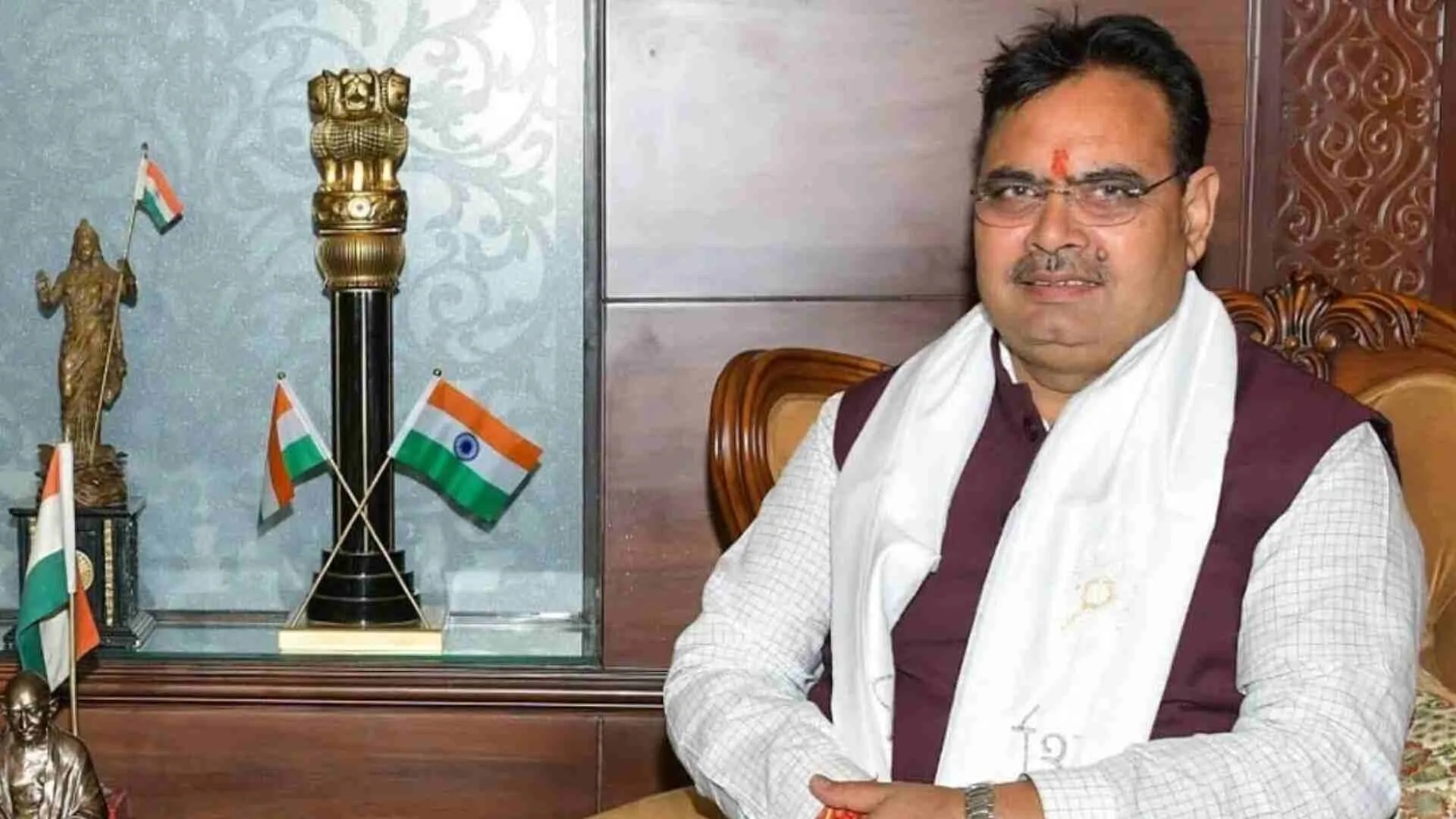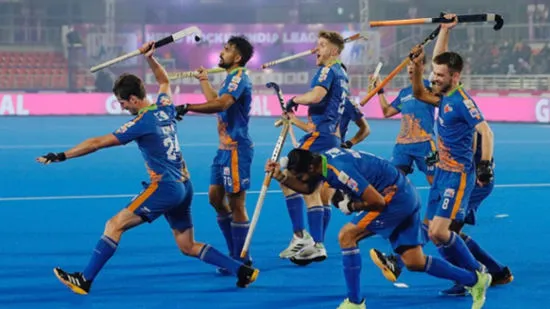In a special series on NewsX presented by CatFit, titled ‘Importance Of Mental, Emotional And Psychological Fitness In Sports’, two leading young sportsperson, international cricketer Arundhati Reddy and international badminton player Srishti Jupudi, shared their journeys as sportspersons in India and how mental health plays a major role in them delivering their best performance.
Addressing the importance of mental health and training in sports, Arundhati spoke about how she entered the world of sports at a very fragile age. At the time when she was playing domestic cricket there were certain days when she wasn’t able to perform. She said how she barely knew the importance of mental well-being or a certain frame of mind a sportsperson has to be in to enhance their skill and perform better on the ground. “Especially at such a top level, when you know that you are under scrutiny all the time, it comes to be a huge responsibility. The pressure to perform well is always there and it is very important to be mentally strong and tough,” she said.
Adding to Arundhati’s remarks, Srishti, who embarked on her sports journey in her teenage years, talked about her psychological and mental training. She stated how at the top level, when you are an international and professional sportsperson, it becomes more of an act of psychological warfare. She explained the ‘20:80 formula’ that functions in international sports, which denotes that 20% constitutes one’s skill set and physical training, whereas the larger part, i.e., 80% constitutes mental toughness and the psychological mindset of the player.
”Playing at the top level and surviving in a highly competitive environment has made me realise how strong-headed one has to be. I started following my mentor and coach’s advice for my mental well being and started to observe the changes which occurred in a linear manner, and eventually, I made it my routine,” Srishti added.
She also spoke about her mantras which have helped her keep moving forward and given her strength and resilience. Srishti underlined that one must constantly visualise their goals and work on their growth and progress.
Arundhati also talked about her training regime and how a lot of effort has to be put into hardcore strength and physical training. “We, the Indian team, put a lot of effort in preparing well for tournaments. For me, it’s more about the visualisation of my goals. It was during the lockdown when I started paying attention to my mental health and realised that I had not taken a break in decades. During the lockdown, I had a lot of time and began to do meditation regularly, and it has helped me a lot,” she shared.
Catfit as an organisation has been playing a significant role in improving the overall mental as well as physical well being of sportspersons. Talking about the initiative, Mr Arpan Dixit, Global Head of Catfit, said, “We started back in 2017 when we realised that there is a lack of mental health awareness and a need for mental and psychological trainers for people in sports. Catfit arranged a team of trained psychologists, mental health trainees, nutritionists and physical fitness trainers and began a regime of the military application and special forces tactics for sports.” Explaining this further, he underlined how within this special regime, sportspersons are first given a psychological questionnaire where the team analyses the level of resilience each person has, identifies issues and concerns arising out of the analysis, make a plan for their training and assign them a psychological and mental toughness trainer who is from the special forces or part of the ‘Black Cat’ commandos.
Arundhati then spoke about careers in sports and how parents often hesitate to send their children to the field. She spoke of how her mother has been an inspiration and given her constant support. ”Being a sportsperson herself, my mother has taught me a lot and always motivated me to pursue my dreams and I think every parent should just let their child do what he/she dreams of,” she said.
Wrapping up the conversation, Srishti said that India holds a lot of scope in terms of sports and many government policies and incentives now exist which help even those coming from poor financial backgrounds and other rungs of the social hierarchy. “Even if I have quit playing badminton, I think that my active engagement in sports shall help me forward on the leadership path that I want to embark upon. There are many incentives like Khelo India, different types of quotas are available for sportspersons and there are other avenues one can choose from,” she added.























